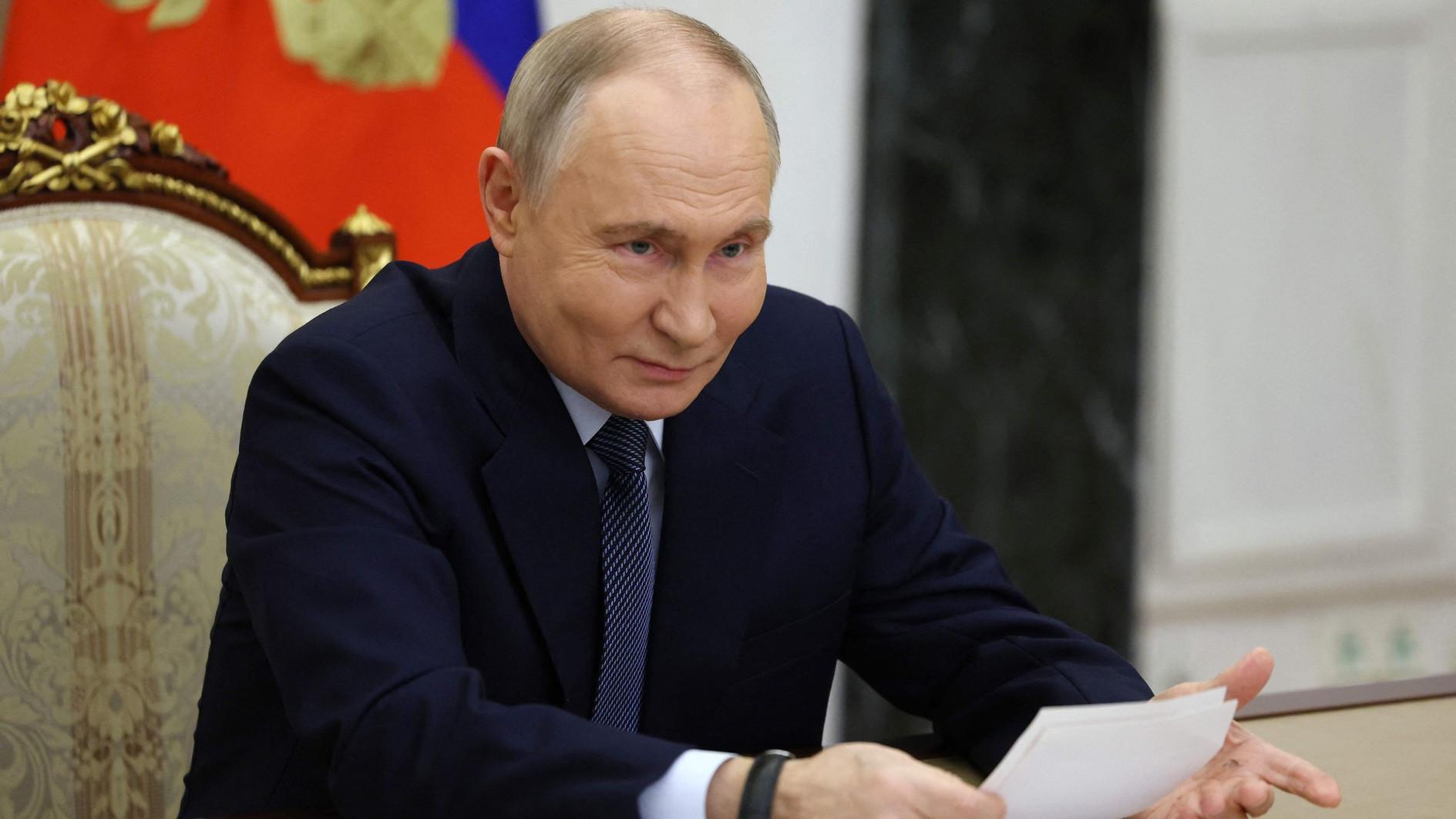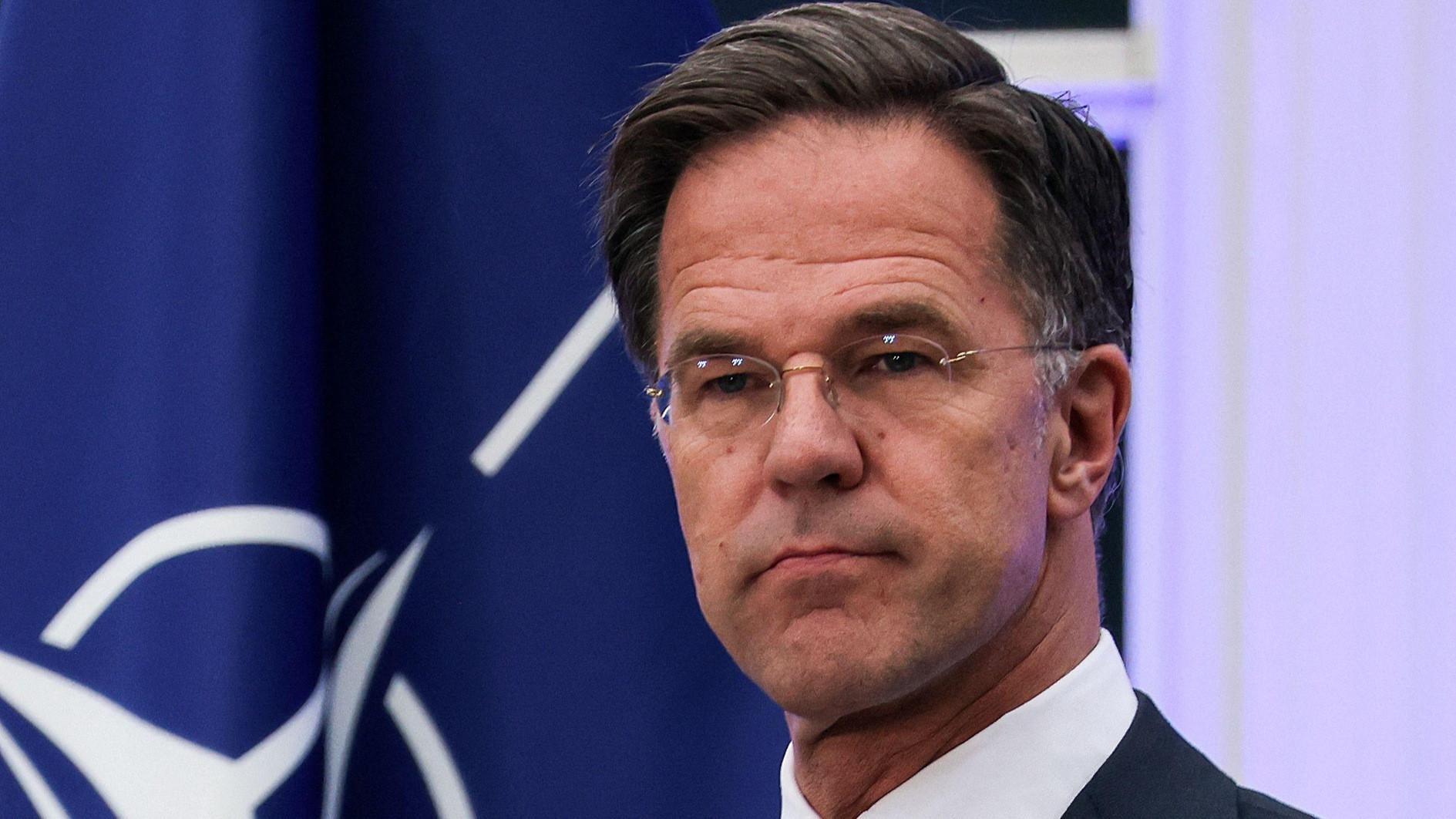World Bank director says time to reform in Turkey
Hurriyet Daily News with wires

refid:11094384 ilişkili resim dosyası
Turkey should not expect to see a recovery in its economy any time soon. In fact it should prepare to battle against a crisis that will be far worse than the one it experienced in 2001, according to the country director of the World Bank."This will be a far worse crisis than experienced in 2001," said Ulrich Zachau, during the speech he delivered at the third "Risk Management Summit" organized in Istanbul yesterday by Active Academy. Growth in Turkey’s economy will slowdown and unemployment will continue to rise, reported Anatolia News Agency, citing Zachau. The fact that Turkey’s financial sector still maintains its strength is a big advantage, Zachau said. However, the impact of the global economic crisis on corporations and the rest of the economy is the real risk this year.
"This is a good time to implement reforms," said Zachau. He also said this was an important period to develop policies that would enable long-term growth plans. One of the most important topics in the current climate is to accelerate the speed of investments to create jobs and protect high-sensitivity groups, such as children and women, he said. "Everything looked just fine until 2007 and strong growth was experienced," Zachau said. Global liquidity was high back in those days and Turkey took advantage of that, he noted. "Turkey’s economy has been displaying a good performance since 2007. Foreign investment in the country has increased and exchange rates 'respected' that. However, things changed drastically within the last six months É This isn’t just risk. This is reality." The downturn in the country’s economy may speed up and things will worsen first before they start to improve, Zachau said.
"Labor force in Turkey will continue to increase. Economic growth will downshift and unemployment will rise. This crisis will be much worse than experienced back in 2001. One quarter of young workers will lose their jobs. Even with an optimistic outlook, which is based on the assumption that the economic crisis will lose steam in the second half of 2009, the number of unemployed is expected to rise well into 2010. Young workers are losing their jobs so rapidly that it will be impossible to take measures to put a stop to that."
"So how are we going to lessen this risk?" asked Zachau. "It is crucial to implement macro economic policies. One of the most important measures Turkey needs to take is to increase employment in flexible, short-term job opportunities. This would mainly help increase employment among youth and women."
IMF and Turkey
Hossein Samiei, the International Monetary Fund’s representative in Turkey, also attended the meeting on risk management. The IMF sees Turkish inflation this year falling below the Central Bank's 7.5 percent inflation target, but expects the economy to contract by 1.5 percent, Samiei said yesterday, adding that Turkish monetary easing should depend on the progress of disinflation.
"Turkey has an external debt level much lower than other comparable countries. Growth, however, will weaken significantly. We now predict growth will fall by 1.5 percent this year," he said. "Inflation will likely fall below the target of the central bank by the end of this year.
"On monetary policy, further easing should be strictly dependant on the progress in disinflation."
Protracted talks between Ankara and the IMF were suspended in January due to disagreements over the terms of a loan Ğ funds seen as necessary for Turkey's $750 billion economy to weather the global economic slowdown.
Prime Minister Recep Tayyip Erdoğan repeated this week that the government would sign a stand-by agreement with the IMF provided this served the country's interests, be it before or after the March 29 elections.
Turkish financial markets have long waited for a new loan program to replace the $10 billion accord that expired last May and shore up the economy. The IMF has been pushing for tighter spending, while the government fears reduced spending will exacerbate unemployment, already above 12 percent, and it seeks more flexible fiscal policies to stimulate economic growth.
















